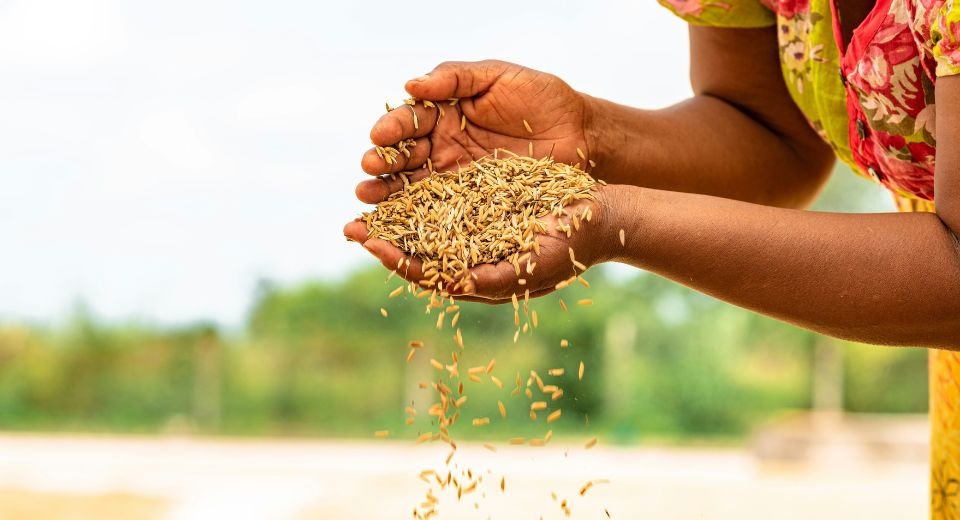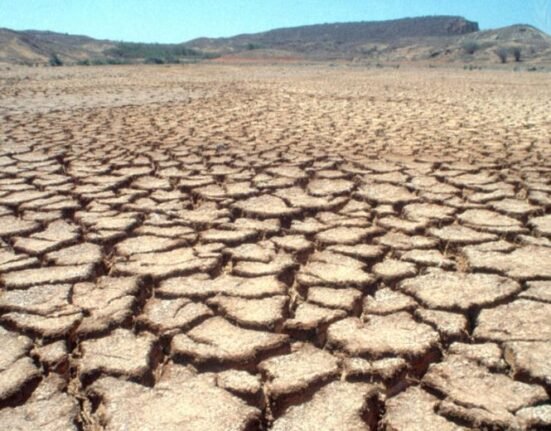HQ Team
April 30, 2024: El Niño climate phase, which started last year, has caused ocean temperatures to rise and has already “decimated” farming in southern Africa, UN officials said.
The climate pattern has triggered crop shortfalls, rising commodity prices and flooding in Kenya, which resulted in the deaths of more than 100 people and affected 200,000.
About 40-50 million people are currently affected in 16 countries, said Reena Ghelani, the new Climate Crisis Coordinator for the El Niño/La Niña Response.
“These are the countries that ar efacing the climate crisis,” Ms Ghelani told journalists at UN Headquarters. Adaptation efforts were key at a time when the UN Secretary-General released $54 million to “get ahead” of the situation and would soon announce more funding, she said.
More was needed, she said, “a similar response plan had in the past cost $3 billion.”
La Nina
Meteorologists have indicated a 60-80% per cent chance that a La Niña phenomenon will unfold later this year, bringing more rain to some regions and drought to others.
During normal conditions in the Pacific ocean, trade winds blow west along the equator, taking warm water from South America towards Asia. To replace that warm water, cold water rises from the depths — a process called upwelling, according to the National Oceanic and Atmospheric Administration.
El Niño and La Niña are two opposing climate patterns that break these normal conditions. Scientists call these phenomena the El Niño-Southern Oscillation cycle.
El Niño and La Niña can both have global impacts on weather, wildfires, ecosystems, and economies. Episodes of El Niño and La Niña typically last nine to 12 months, but can sometimes last for years.
Every 2-7 years
El Niño and La Niña events occur every two to seven years, on average, but they don’t occur on a regular schedule. Generally, El Niño occurs more frequently than La Niña.
Ms Ghelani said the changes this year would be extreme, and countries may not be able to recover and absorb them. There are projections that the situation may get worse and affect communities around the world into next year, she said.
“If we act now and act fast, the world will have not another major crisis on its hands,” she said. “We can prevent this. We know what needs to be done, and we can do it now with timely action.”
In southern Africa, severe drought has led to many countries declaring a state of emergency. February was the hottest in a century in the region, she said. “Action needs to happen now to support them.”
Climate adaption
In the longer term, basic support that is required should centre on climate adaptation, according to a UN statement.
Extreme weather is among the main drivers of food insecurity for 72 million people in 18 countries, said Beth Bechdol, Deputy Director-General of the Food and Agricultural Organization.
“These El Niño impacts are keeping around the world,” Ms Gelani said about a recently released 2024 Global Report on Food Crises.
“It’s time to step up our collective efforts to make sure that anticipatory actions that support people at the most critical stage of when a crisis like this begins to take its toll is the most important approach that we can prioritise.”
“That means helping farmers so they can protect their crops, fields and livestock as their sources of food supplies and nutrition are needed, especially in times of crisis.”
FAO’s role
The Food and Agriculture Organisation is assisting, from cash transfers for helping farmers and fishers protect their holdings ahead of a massive storm to backyard garden kits for families to produce food at home.
Gains have been made in tackling El Niño-induced consequences around the world, including by developing drought-resistant crops, she said.
In Central America’s “dry corridor,” FAO efforts included the timely distribution of drought-tolerant and short-cycle crop seeds, which helped families produce vegetables and made “a significant impact”.








